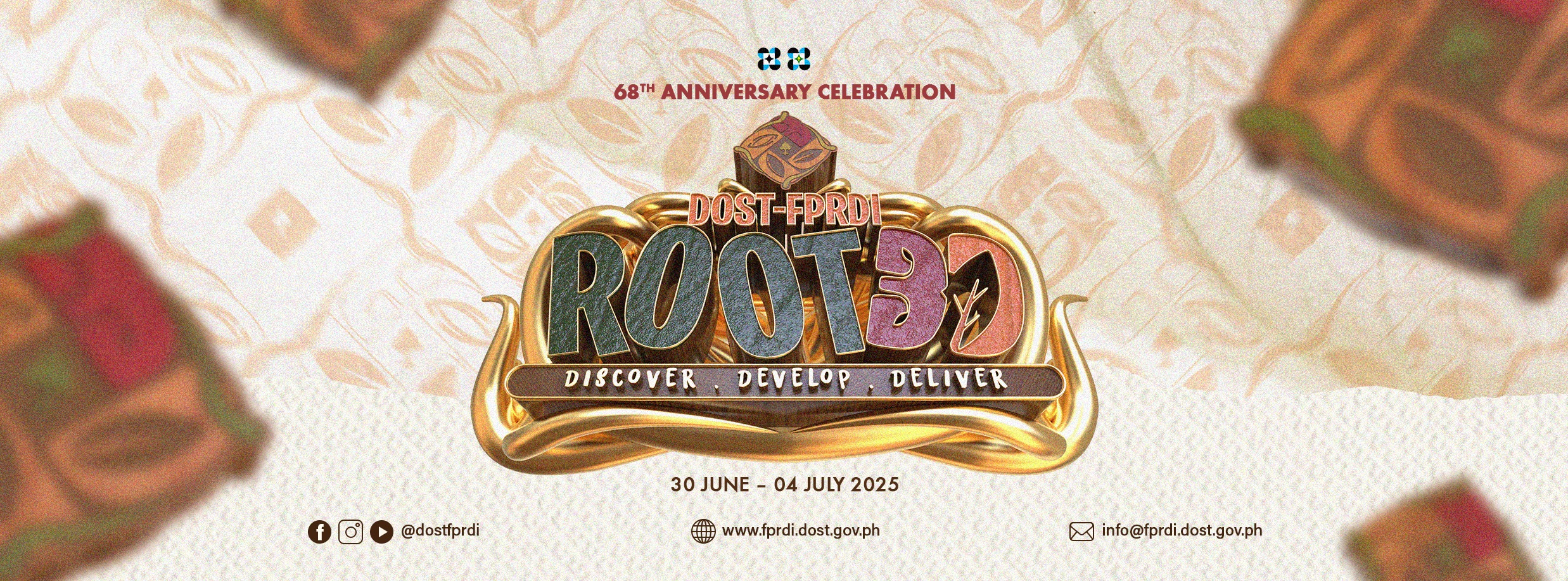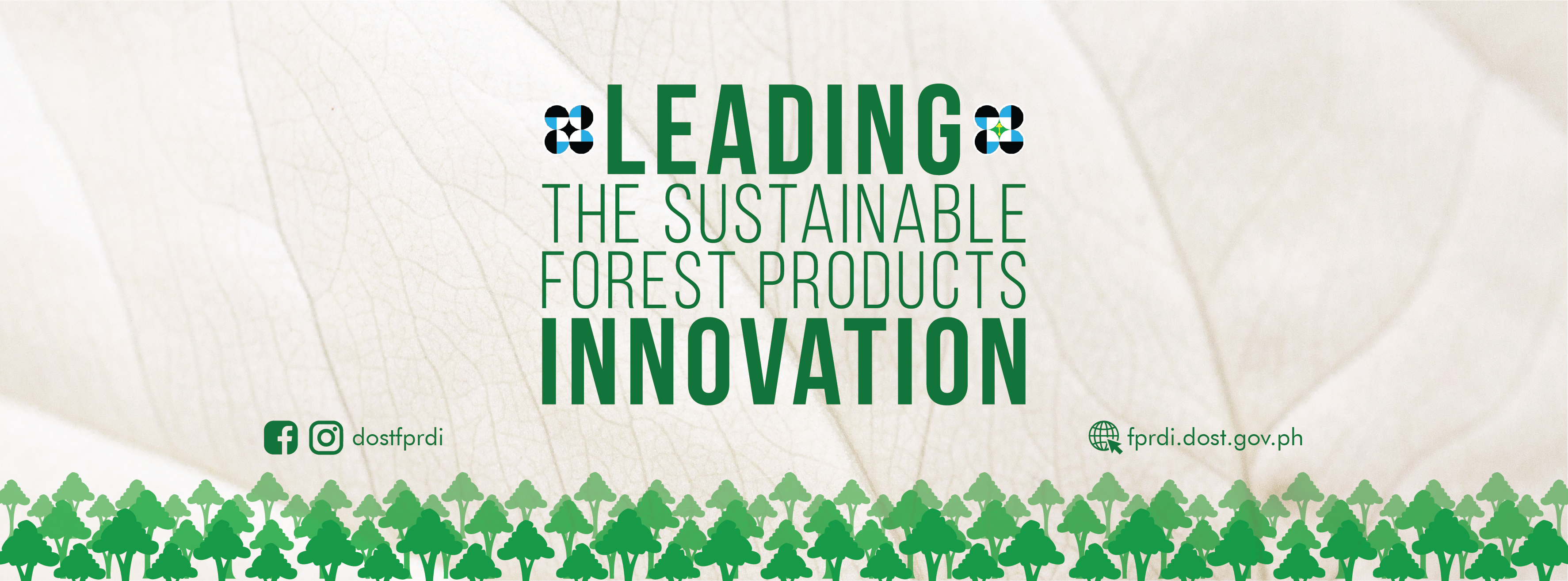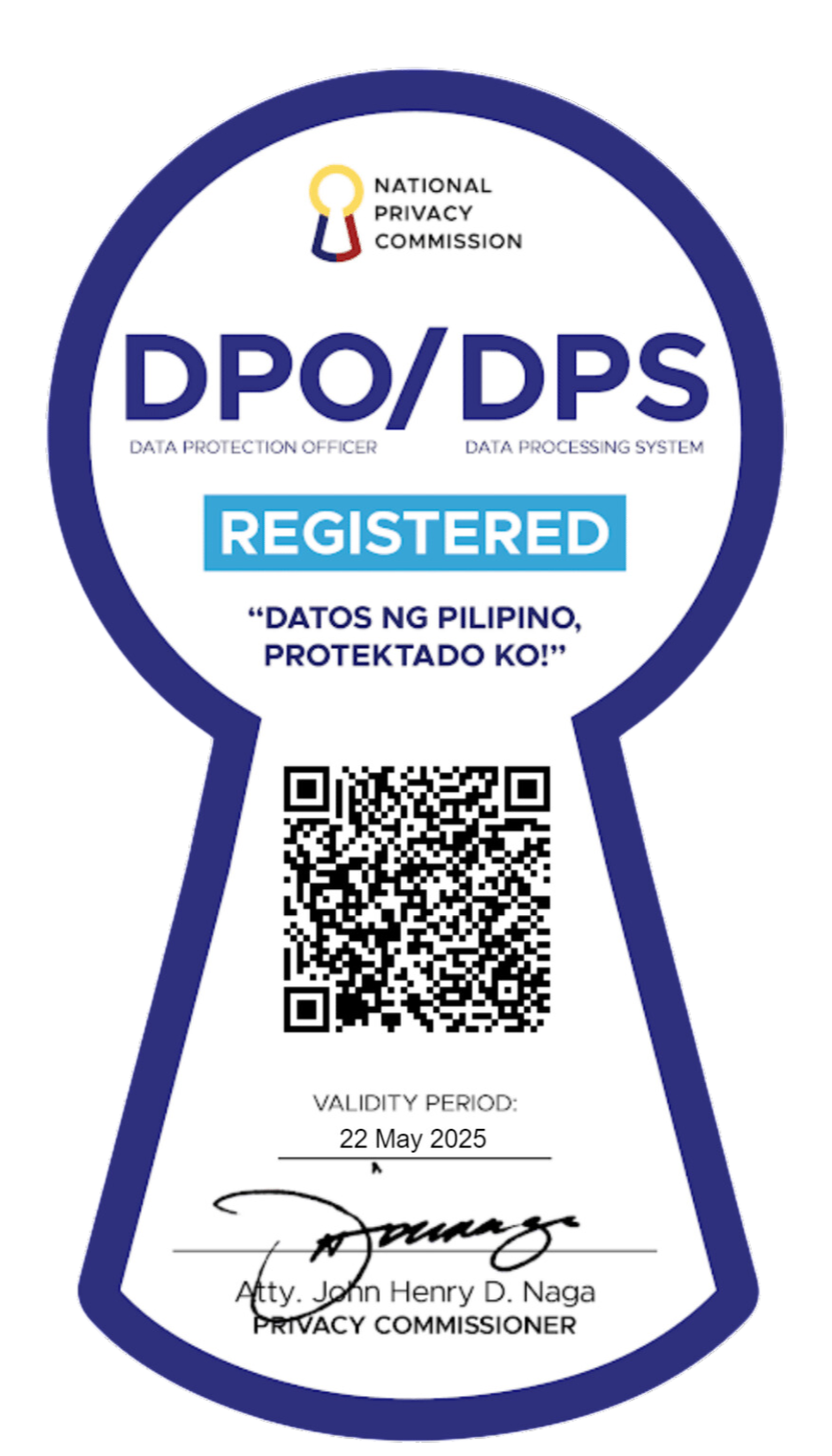The DOST-Forest Products Research and Development Institute (DOST-FPRDI) has developed an eco-friendly material that supports sustainable agriculture -- the paper mulch using waste materials. Designed to reduce reliance on synthetic and polymer materials in farming, this product is expected to help improve soil health, enhance crop yield, and reduce plastic waste.
Recently, the Institute entered into a Memorandum of Agreement with JC Del Mundo Sustainable Farming School in Brgy. Bangin, Agoncillo, Batangas. The school serves as a demonstration farm to help train the barangay’s residents interested in organic farming. Currently, the paper mulch is being field-tested at the school, with preliminary promising results.
The paper mulch is made from locally sourced, biodegradable materials wherein 20% is from abaca stripping waste and 80% from old corrugated cartons. It easily breaks down naturally into the soil, providing nutrients to crops while suppressing weed growth and pest inhabitation, conserving soil moisture and maintaining a stable temperature of 35oC compared to synthetic mulch where temperature shoots up to 39-40 oC. This contributes to better crop management and lessens the environmental impact associated with traditional plastic mulches.
DOST Secretary Renato U. Solidum Jr. mentioned, "The paper mulch technology is one of the innovations that is set to address the increasing demand for sustainable materials and practices in agriculture in our country. It will particularly help address the rising concerns on plastic pollution and soil degradation."
"The Institute is currently working with various agricultural stakeholders to conduct field tests and ensure the product’s adaptability to different farming environments," added DOST-FPRDI Director Rico J. Cabangon.
This innovation product is part of the Institute’s continued efforts to harness natural materials in creating environmentally friendly solutions. It is poised to contribute to more sustainable and productive agricultural systems in the Philippines.
The DOST-FPRDI is the research and development arm of the DOST and is part of the Philippine government’s efforts to build a strong science and technology ecosystem in the country. It remains at the forefront of scientific research on wood and non-wood utilization and conservation, pioneering initiatives that promote the responsible use of forest resources while safeguarding the biodiversity. For more information, please visit https://fprdi.dost.gov.ph/ or collaborate with DOST-FPRDI thru This email address is being protected from spambots. You need JavaScript enabled to view it.. ### (Idohna Leah B. Jomao-as & Samuel Balmedina, 02 November 2024).
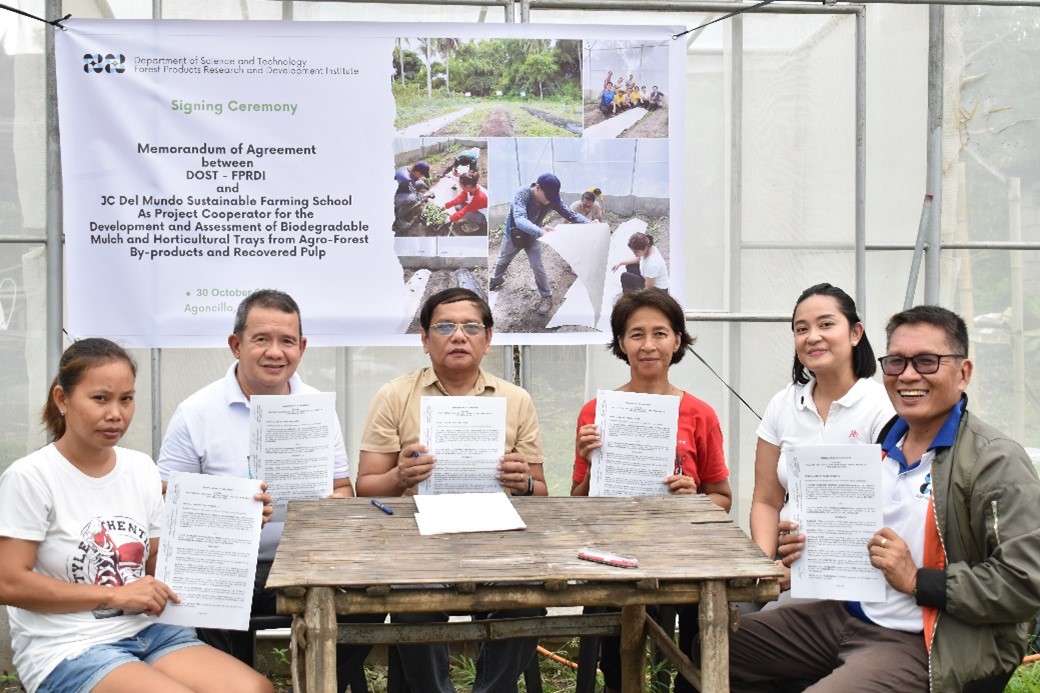
DOST-FPRDI Director Rico J. Cabangon (3rd from left) and JC Del Mundo Sustainable Farming School Head Jennifer DM. Morantte (4th from left) signed the MOA for the development and assessment of biodegradable mulch and horticultural trays made from agro-forest by-products and recovered pulp. The signing was held last October 30, 2024, at Brgy. Bangin, Agoncillo, Batangas, and attended by Project Leader Cesar O. Austria (6th from left), Planning Staff Chief Idohna Leah B. Jomao-as (5th from left), and TID Chief Loreto A. Novicio (2nd from left).

The paper mulch experimental setup inside the greenhouse remains intact despite multiple watering, demonstrating its durability and potential effectiveness as a sustainable alternative in agricultural applications.
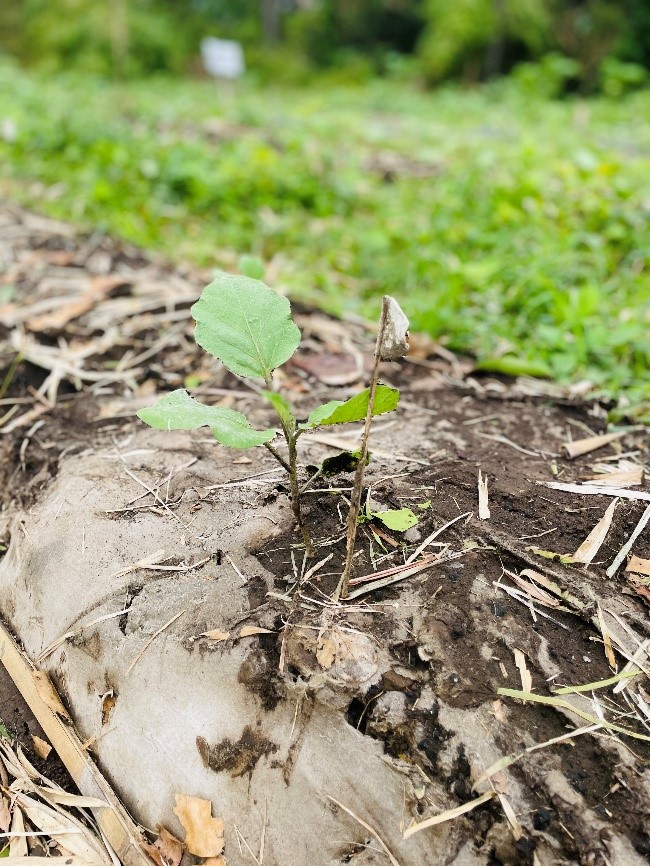
The paper mulch in the outdoor setup was damaged and washed away during Typhoon Kristine’s onslaught. Despite this, it successfully held the plot soil in place, showcasing its potential to prevent soil erosion even under challenging weather conditions. Future experiments will focus on enhancing the durability of the paper mulch.

